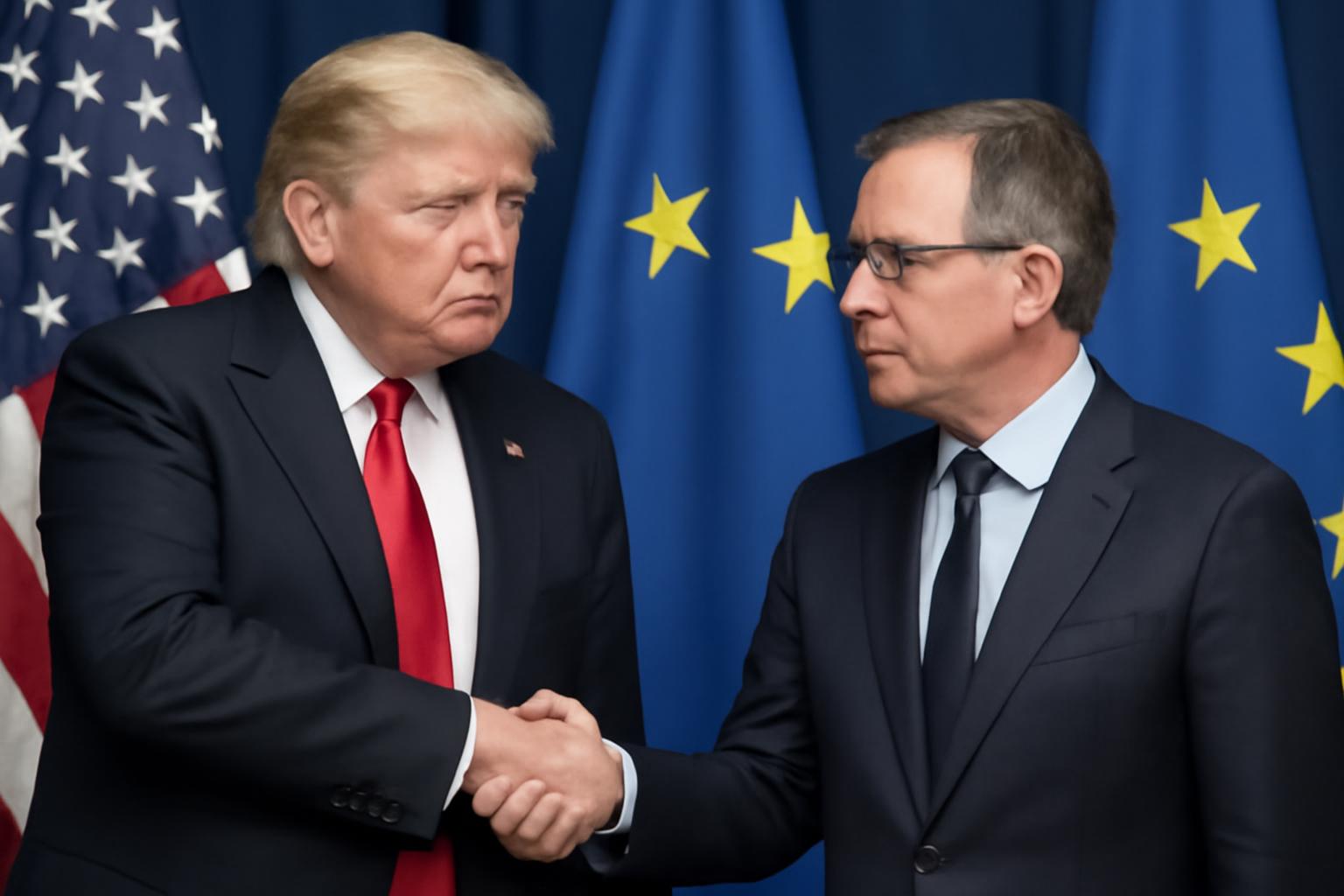President Trump’s indication that he might reduce proposed US tariffs on European goods—provided the European Union opens its own markets more widely to American products—reflects the continual horse-trading and brinkmanship that characterizes modern international trade relations. After the recent deal with Japan, in which a steeply punitive regime gave way to a far more moderate 15 percent tariff, markets are watching anxiously to see whether a similar compromise will emerge between the US and Europe. Both sides have ratcheted up their public posturing, with European leaders such as Friedrich Merz and Emmanuel Macron threatening countermeasures, if the US moves forward with the threatened 30 percent tariffs. At this stage, however, both American and European officials are signaling that any breakthrough will be more complicated and drawn-out than the Japanese settlement.
It is truly dispiriting, though not at all surprising, to witness these perpetual spectacles of government intervention and managed trade. Politicians on both sides parade their pugnacity, thinking themselves champions for their national industries and workers, yet they ignore the core insight that voluntary exchange benefits all parties—provided it is not crippled by artificial barriers. Tariffs are not a tool of genuine prosperity; they are weapons of coercion that punish one’s own citizens as much as—if not more than—the foreigners they target.
The present “negotiations” are nothing more than a mercantilist dance, as each great power attempts to extract concessions by means of threats and counter-threats, as if prosperity were a zero-sum game. This thinking is utterly antithetical to the principles of a free and open society. Instead of seeking to lower the taxes and restrictions that impede their own citizens’ opportunities to buy and sell in the world market, governments posture as if national glory demands the restriction of imports or the propping up of favored domestic enterprises.
What the world needs most is not tit-for-tat maneuvering administered by political elites, but a return to the universal principle of free trade. Only blind statist arrogance could imagine that politicians know better than millions of producers and consumers what trade relationships are best. The “deal” the public should demand is not some slightly moderated arrangement but the abolition of tariffs and quotas altogether.
It is a lamentable fact that the language of diplomacy always centers on what governments “give up” and “win,” as if it were some sacrifice for a nation to allow cheaper and better goods for its people. Let us call this by its name: economic ignorance of the highest order! The prosperity of peoples relies not on the “strength” of their governments at the negotiating table but on their freedom to interact, to trade, and to collaborate free from the dead hand of state intervention.
To compromise on tariffs is to compromise on liberty itself. If only our leaders could summon the courage to trust their citizens more than their own power, these so-called trade disputes would vanish like a fever dream. For as long as policy is made by those who prize political power above human cooperation, however, we must expect these tragic and unnecessary battles to continue.
